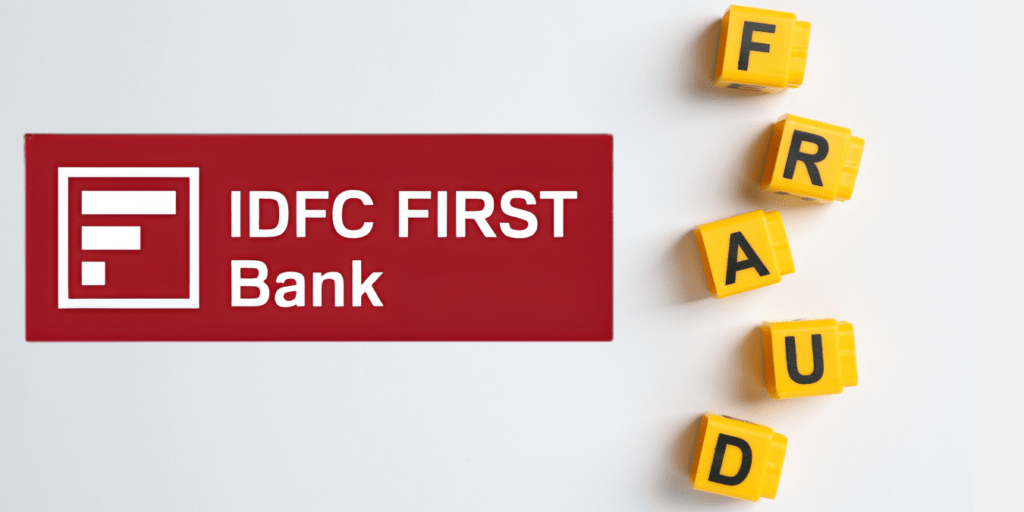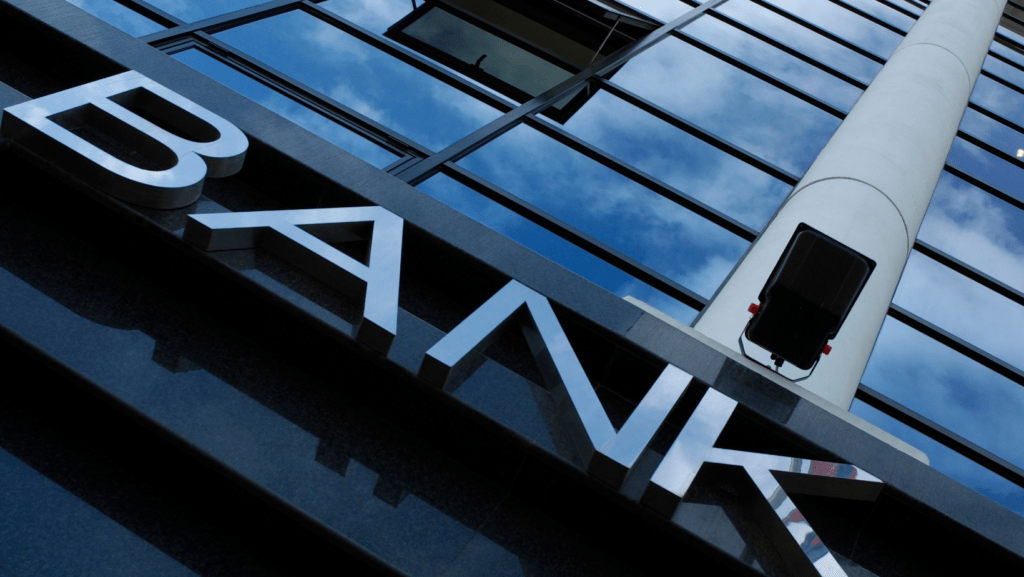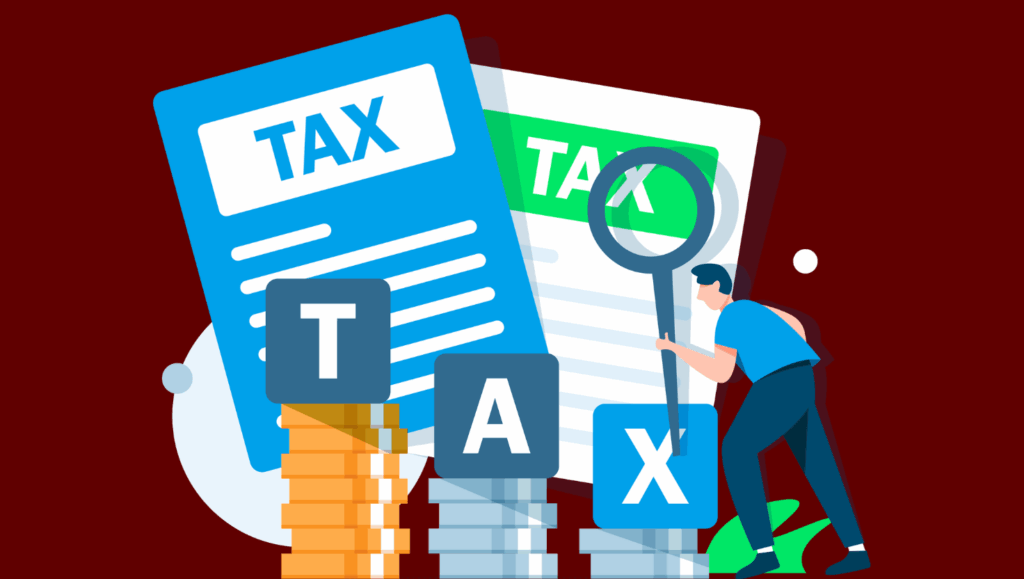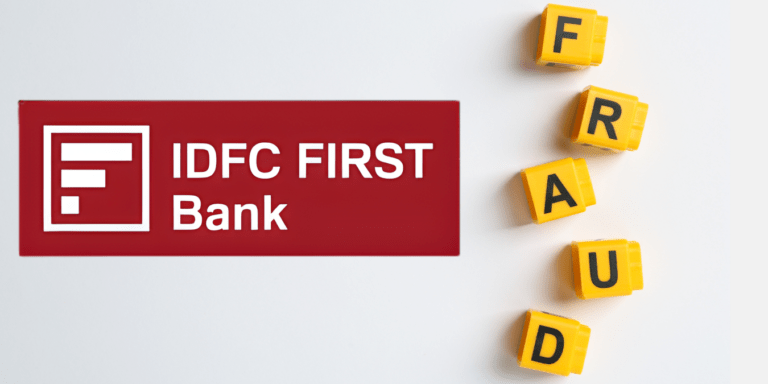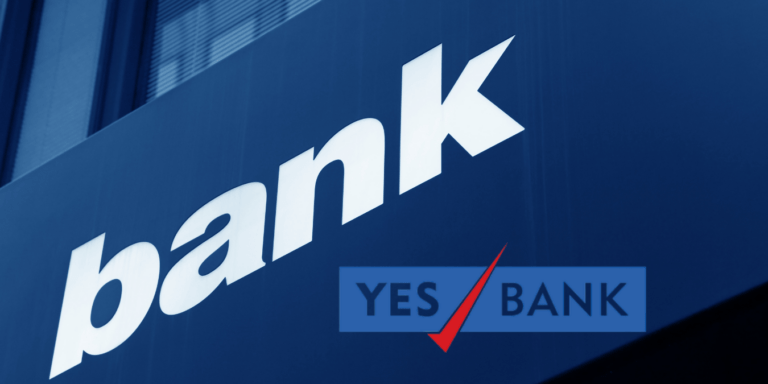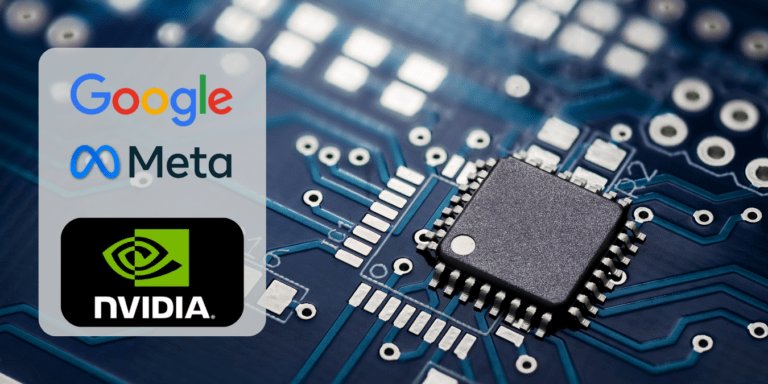
Are You Ready for PNB’s Oct 1, 2025, Fee Hike? Higher Locker Rents, SI Fees—You Can’t Ignore
PNB’s 2025 service charge hike hits October 1, spiking locker rents by ₹2,000 and SI fees to ₹100/month. Will your festive budget survive? Discover why lakhs of Indians are shocked and how one simple trick could save you thousands. From bulk cheque fees to hidden pitfalls, this guide unveils PNB’s changes with actionable tips to outsmart rising costs. Don’t let October’s surprises drain your wallet
Starting 1st October 2025, PNB customers across rural towns to urban metros will face revised service charges, especially for locker rents and Standing Instruction (SI) failures. Just last week, Priya, a small business owner in Mumbai, discovered that her annual locker rent would soon climb by ₹2,000—a realisation echoed by lakhs of account holders nationwide. With festival season approaching and cost-of-living pressures high, understanding these revisions is crucial to avoid surprises during routine banking or festive gold deposits.
Key Takeaways: PNB Service Charges Update at a Glance
- Locker rents rise up to ₹2,000 annually depending on location and locker size.
- Standing Instruction (SI) failure fees shift from per-transaction to a flat monthly fee, impacting regular EMI and RD payments.
- Stop payment charges for bulk cheques increase—watch out before issuing series cheque books.
- Revised rates apply from October 1, 2025, across all branches.
- Existing customers face rent changes from their next annual due date.
PNB Locker Rent Hike 2025: What’s Changing?
Locker rents, a quiet yet crucial expense for families storing jewellery or important papers, are set for a significant jump. The increase is location- and size-dependent, with metro and urban branches seeing the steepest hike.
Table: Annual PNB Locker Rent Effective 1 Oct 2025
| Locker Size | Rural (₹) | Semi-Urban (₹) | Urban (₹) | Metro (₹) |
| Small | 1,000 | 1,500 | 2,000 | 2,000 |
| Medium | 2,500 | 3,000 | 4,000 | 4,000 |
| Large | 4,000 | 5,000 | 6,500 | 7,000 |
| Very Large | 6,000 | 7,000 | 8,500 | 9,000 |
| Extra Large | 10,000 | 10,500 | 11,000 | 12,000 |
| [citing data] |
- Rural branches see minimal or no hike for small and extra-large lockers.
- Semi-urban, urban, and metro branches face higher rents for all but the smallest lockers.
- Locker rent applies from annual due date after October 1, 2025, so existing agreements will phase into the new pricing upon renewal.
One-Time Locker Registration Charges
- Rural/Semi-urban: ₹200 for all sizes (no change).
- Urban/Metro: ₹500 for small/medium lockers, ₹1,000 for large/very large/extra-large lockers (increased for larger sizes).
Pro Tip: Consider downgrading locker size or evaluating alternative security options if locker usage is minimal, especially in high-rent urban and metro areas.
Standing Instruction (SI) Fees: Flat Monthly Model Replaces Per-Transaction
Standing instructions automate EMI, RD, and bill payments, popular among salaried professionals and small businesses. PNB’s new approach moves from a per-failure penalty to a flat monthly fee.
- Earlier: ₹100 per failed SI transaction + remittance and postage charges.
- From Oct 1, 2025: Flat ₹100/month + GST, regardless of the number of failures that month (max 3 SI for loans or RDs).
Benefits & Pitfalls
- Benefit: Those with multiple failed SIs in a month may pay less.
- Pitfall: Even a single missed SI now attracts the full monthly charge.
Featured Box: Protect Your Monthly Payments
- Always maintain sufficient balance before SI due dates.
- Limit SI setups to essential commitments to avoid unnecessary fees.
- Monitor SMS/Email alerts for potential SI failures and act promptly.
Stop Payment Charges Revised: Bulk Cheque Fees Jump
Cheque users, especially for bulk or business transactions, face new rates.
- Single cheque stop-payment: Unchanged at ₹100 per instrument.
- Five or more cheques in series: ₹500 (up from ₹300 for three cheques).
This impacts those issuing cheque books for business or society accounts; consider switching to digital payments to avoid higher fees.
PNB Nomination and Registration Fee Changes
- Nomination: First request is free; further requests ₹100 each (except for nominee’s death cases, which are branch-handled).
- Locker registration fee: See section above.
Comparison of PNB Service Charges (Effective Oct 1, 2025) with Other Banks
Locker Rent (Small, Annual)
| Service Charge | Punjab National Bank (PNB) | State Bank of India (SBI) | HDFC Bank | ICICI Bank | Axis Bank |
| Rural | ₹1,000 (unchanged) | ₹1,000–₹1,500 + GST | ₹550–₹1,100 | ₹1,200 | ₹1,500 |
| Semi-Urban | ₹1,500 (up from ₹1,250) | ₹1,500 + GST | ₹1,100 | ₹1,200–₹2,000 | ₹1,500–₹2,500 |
| Urban | ₹2,000 (unchanged) | ₹2,000 + GST | ₹1,350–₹3,000 | ₹3,000 | ₹3,105 |
| Metro | ₹2,000 (unchanged) | ₹2,000 + GST | ₹1,350–₹3,000 | ₹3,500 | ₹3,105 |
Locker Rent (Medium, Annual)
| Service Charge | Punjab National Bank (PNB) | State Bank of India (SBI) | HDFC Bank | ICICI Bank | Axis Bank |
| Rural | ₹2,500 (up from ₹2,200) | ₹3,000 + GST | ₹2,500–₹3,000 | ₹3,000–₹5,000 | ₹3,000 |
| Semi-Urban | ₹3,000 (up from ₹2,500) | ₹3,000 + GST | ₹2,500–₹3,000 | ₹3,000–₹5,000 | ₹3,000–₹5,000 |
| Urban | ₹4,000 (up from ₹3,500) | ₹4,000 + GST | ₹3,000–₹4,000 | ₹6,000 | ₹6,000 |
| Metro | ₹4,000 (up from ₹3,500) | ₹4,000 + GST | ₹4,000 | ₹7,500 | ₹6,000 |
Locker Registration Fee
| Service Charge | Punjab National Bank (PNB) | State Bank of India (SBI) | HDFC Bank | ICICI Bank | Axis Bank |
| Rural/Semi-Urban | ₹200 (unchanged) | ₹500 + GST | ₹1,000–₹1,500 | ₹1,000 | ₹1,000 |
| Urban/Metro | ₹500 (small/medium), ₹1,000 (large+) | ₹500–₹1,000 + GST | ₹1,500–₹2,500 | ₹1,500 | ₹1,500 |
| Standing Instruction (SI) Failure Fee | ₹100/month + GST (flat, new) | ₹50–₹150 per failure + GST | ₹200–₹300 per failure | ₹200 per failure | ₹150 per failure |
| Stop Payment (Single Cheque) | ₹100 (unchanged) | ₹100 + GST | ₹100–₹200 | ₹100 | ₹100 |
| Stop Payment (Bulk, 5+ Cheques) | ₹500 (up from ₹300 for 3+) | ₹500 + GST (series) | ₹500–₹750 | ₹500 | ₹500 |
| Nomination Fee | First free, ₹100 thereafter (except nominee death) | First free, ₹100 thereafter | First free, ₹150 thereafter | First free, ₹100 thereafter | First free, ₹100 thereafter |
How to Adjust to PNB’s Service Charge Changes: Step-by-Step Action Plan
1. Review All Existing Lockers
- Check locker renewal dates—new rent applies after October 1, 2025.
- Evaluate if the current size/location fits your present needs.
- Compare with locker rents at other banks for possible savings.
2. Audit Standing Instructions
- List all active SIs—prioritise essentials.
- Maintain extra balance to cushion against failed SI penalties.
- Use calendar reminders for SI due dates.
3. Rethink Cheque Usage
- Favour UPI, IMPS, and NEFT for routine or bulk payments.
- Issue cheques sparingly, especially in booklets/series.
4. Consider Account Type Optimization
- Some premium or salary accounts may offer locker fee discounts or free SIs—check with branch relationship managers.
- Group family lockers or consider downgrading if underutilised.
Common Mistakes to Avoid
- Ignoring Notifications: Many ignore bank SMS/emails on charges; always read updates promptly.
- Overcommitting SIs: Don’t create SIs for every bill—manual oversight is still necessary to avoid charges.
- Delaying Locker Downgrade: Waiting until renewal can lock you into higher rents another year.
- Issuing Bulk Cheques Unnecessarily: New charges apply for series—switch to digital for payments like salaries or vendor dues.
Pro Tips to Save on PNB Banking Costs
- Go Digital: Online NEFT/RTGS transactions attract zero or lower charges vs. branch transactions.
- Bundle Services: Some bundled accounts offer locker/SI concessions.
- Negotiate: Senior citizens, HNIs, or long-term customers may negotiate charges—always ask at your branch.
Final Thought: Navigating PNB’s 2025 Service Charge Changes
With PNB’s sweeping changes, understanding the updated service charges isn’t just good practice—it’s essential financial hygiene, especially in a high-inflation, digitally driven Indian economy. While locker security and automated payments remain banking staples, the cost to access these services is rising. The most financially savvy Indians will review, optimise, and—where necessary—negotiate or migrate services before October 1, 2025.
Take Action Today:
- Audit PNB services, compare with fintech and private players, and discuss concessions with your bank manager.
- Share this update with family and business associates ahead of festival banking season—preventing surprises can save not just money, but vital peace of mind!
Have insights or tips on navigating rising banking charges? Share your experiences below and empower our financial community.
Disclaimer: The use of any third-party business logos in this content is for informational purposes only and does not imply endorsement or affiliation. All logos are the property of their respective owners, and their use complies with fair use guidelines. For official information, refer to the respective company’s website.

